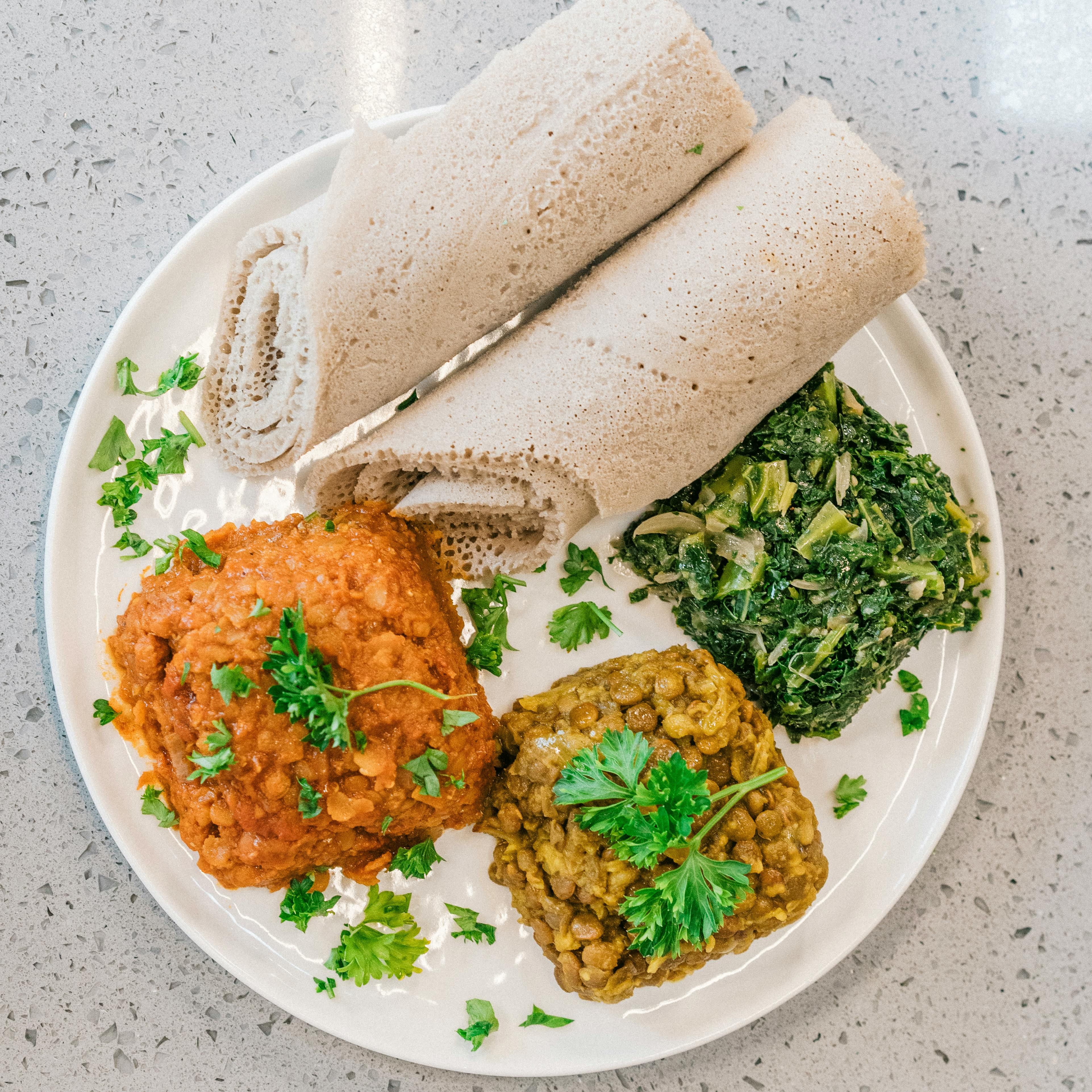Could age-old African dietary practices provide shield against inflammation?
Modern Western diets brimming with processed foods and low on whole plant-based meals can significantly contribute to chronic inflammation, a major culprit behind lifestyle-related diseases like heart disease and type 2 diabetes. New research, however, suggests that traditional, plant-rich diets can help reduce inflammation and strengthen immune and metabolic health.
Recent findings from researchers at Radboud University Medical Center and Kilimanjaro Christian Medical University College reveal that a Western diet can cause inflammation, weakened immune responses, and disrupted metabolic pathways within just two weeks. Conversely, adopting a traditional African diet or consuming traditional fermented beverages may offer anti-inflammatory benefits.
In this study, researchers examined the health impacts at the cellular level on 77 healthy young men residing in the Kilimanjaro region in Northern Tanzania. The trial consisted of three groups: rural men who typically ate a traditional Kilimanjaro-style diet were switched to a Western-style diet for two weeks; urban men who typically ate a Western-style diet were switched to a traditional Kilimanjaro-style diet for the same period; and men who typically ate a Western-style diet added Mbege, a traditional fermented drink made with bananas and millet, to their diet for one week.
Five participants from each of the first two groups maintained their usual diets to account for external factors affecting the results. Blood samples were taken before the intervention, immediately after, and four weeks later to assess changes in immune and metabolic health.
Researchers discovered that switching from a traditional African diet to a Western diet for two weeks disrupted key metabolic pathways linked to lifestyle-related diseases. It also appeared to trigger a pro-inflammatory state involving white blood cells, inflammatory proteins in the blood, and changes in gene expression. Additionally, immune cells became less effective at responding to pathogens.
By contrast, transitioning from a Western diet to a mostly plant-based traditional African diet or consuming the fermented beverage resulted in mostly anti-inflammatory effects, with reduced inflammatory markers. Certain immune and metabolic changes remained four weeks after the intervention, suggesting that even short-term dietary modifications might have some lasting effects.
Thomas M. Holland, a physician-scientist and assistant professor at RUSH University, College of Health Sciences, explained that the shift from a traditional African diet to a Western-style diet resulted in increased inflammation and weakened immune responses due to differences in nutrient composition and microbial exposure. The traditional African diet, rich in black tea, green vegetables, legumes, plantains, root and tuber crops (like sweet potato, cassava, and taro), ancient grains (like millet and sorghum), and fermented foods and beverages, would help reduce inflammation, promote metabolic health, and encourage a healthy gut microbiome.
Holland noted that specific compounds in Mbege, such as flavonoids, also likely contributed to improved immune responses and vascular health in those who consumed the fermented beverage.
While this study focuses on traditional African diets, the implications extend to other heritage diets like Mediterranean and Latin American diets, as they share similar advantages in terms of inflammation, immune function, and metabolic health.
In a nutshell, embracing largely plant-based traditional diets rich in fiber, antioxidants, and anti-inflammatory compounds could promote health and lower the risk of chronic diseases, while a Western diet, high in refined sugars, saturated fats, and processed foods, can contribute to inflammation and worsen immune and metabolic health. So, swap those frozen pizzas for fresh greens and whole grains, and let your body thank you!
- The researchers at Radboud University Medical Center and Kilimanjaro Christian Medical University College discovered that switching from a traditional African diet to a Western diet for two weeks triggers a pro-inflammatory state.
- The traditional African diet, rich in components like black tea, green vegetables, legumes, plantains, root and tuber crops, ancient grains, and fermented foods, can help reduce inflammation, promote metabolic health, and encourage a healthy gut microbiome.
- Specific compounds in Mbege, a traditional Ethiopian fermented drink, likely contribute to improved immune responses and vascular health.
- The study's findings extend to other heritage diets like Mediterranean and Latin American diets, as they share similar advantages in terms of inflammation, immune function, and metabolic health.
- Opting for largely plant-based traditional diets rich in fiber, antioxidants, and anti-inflammatory compounds could promote health and lower the risk of chronic diseases, while a Western diet high in processed foods can exacerbate inflammation and harm immune and metabolic health.




